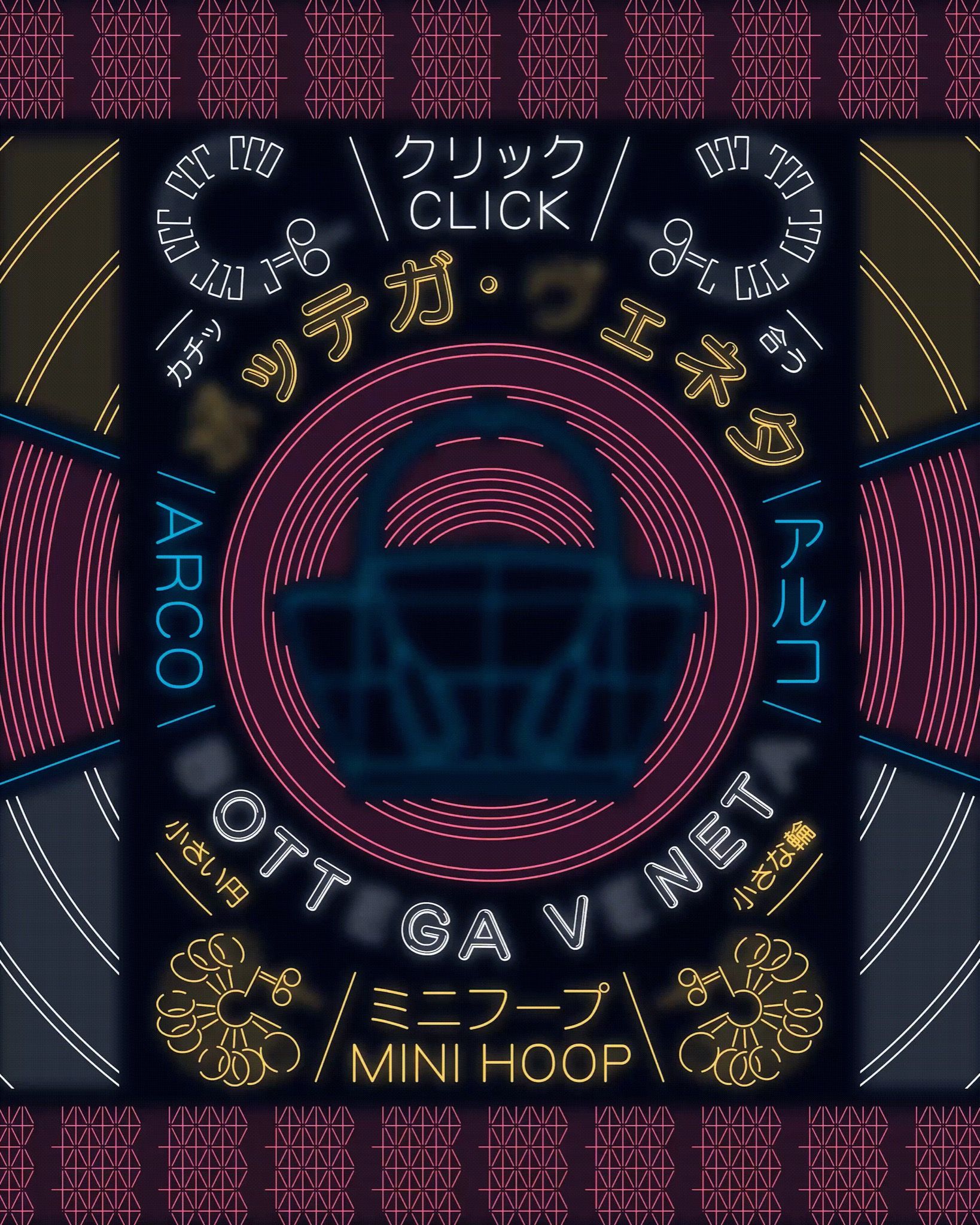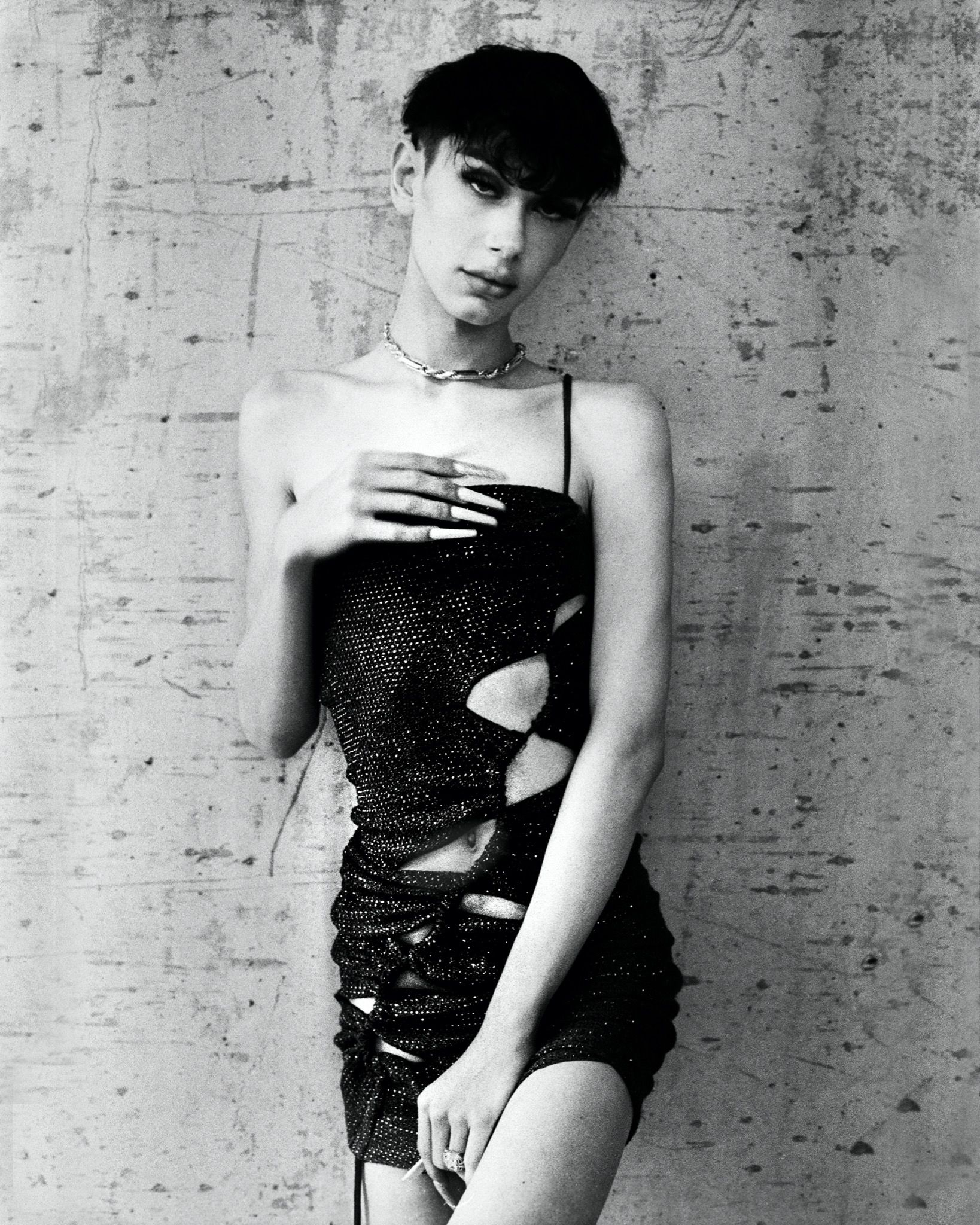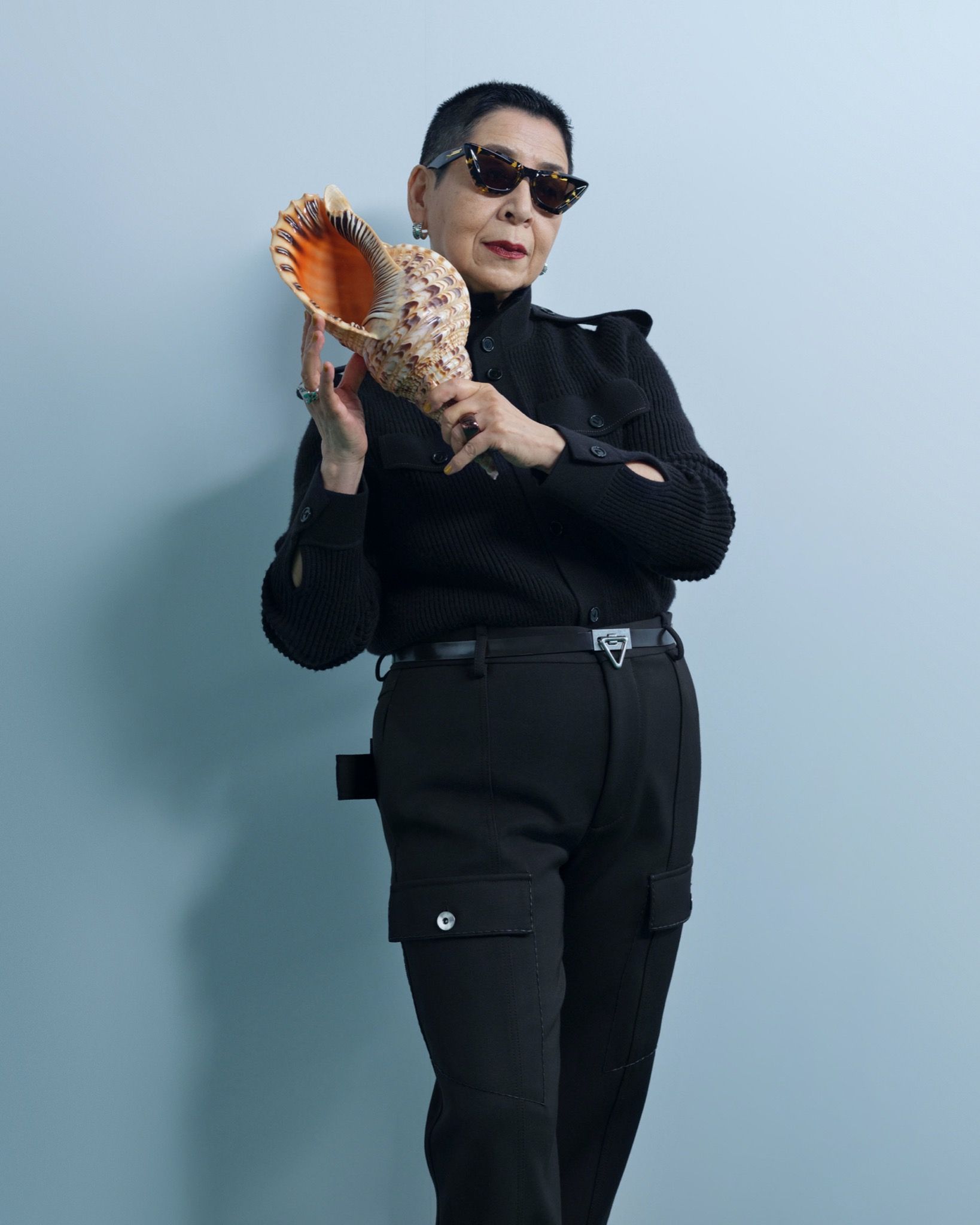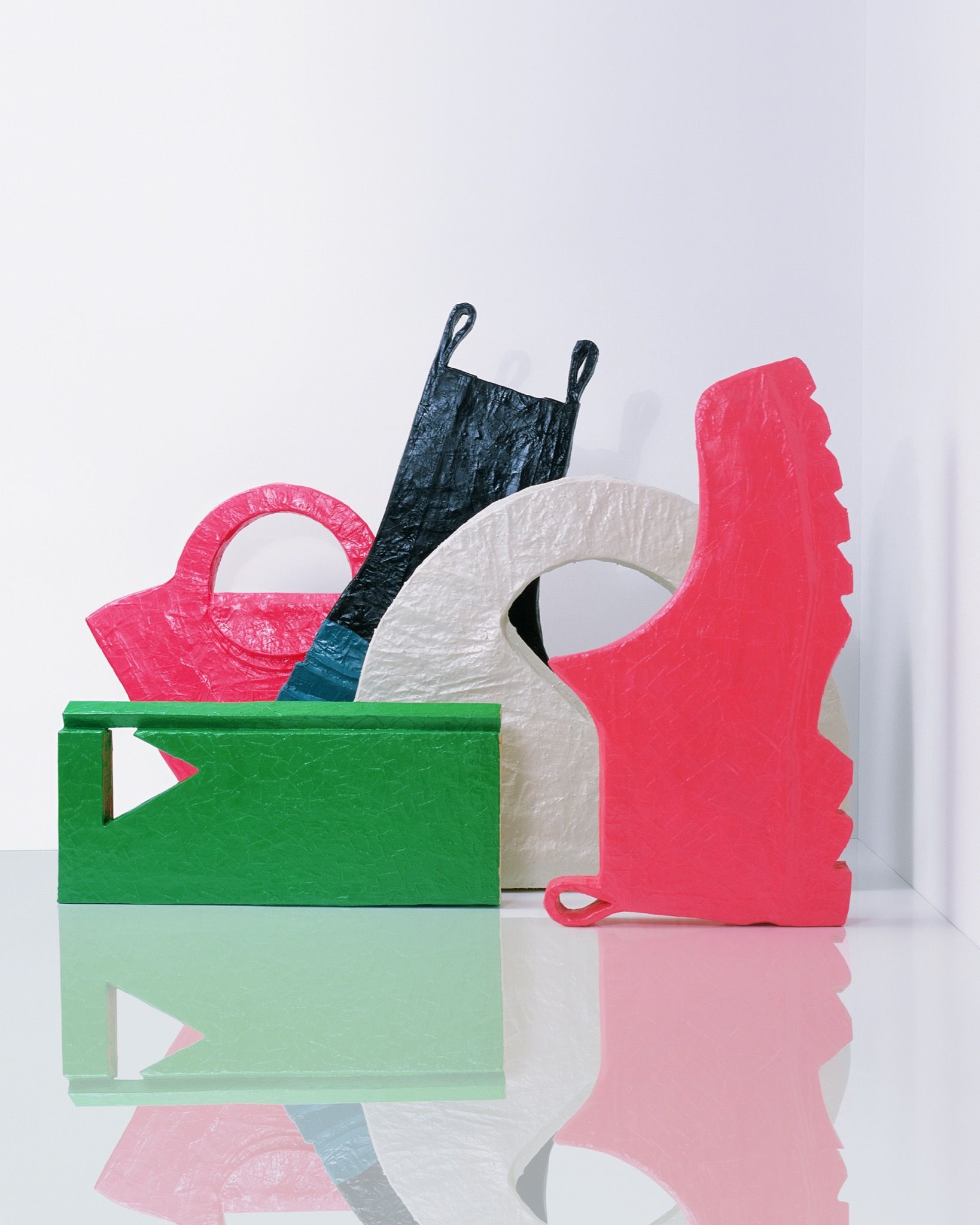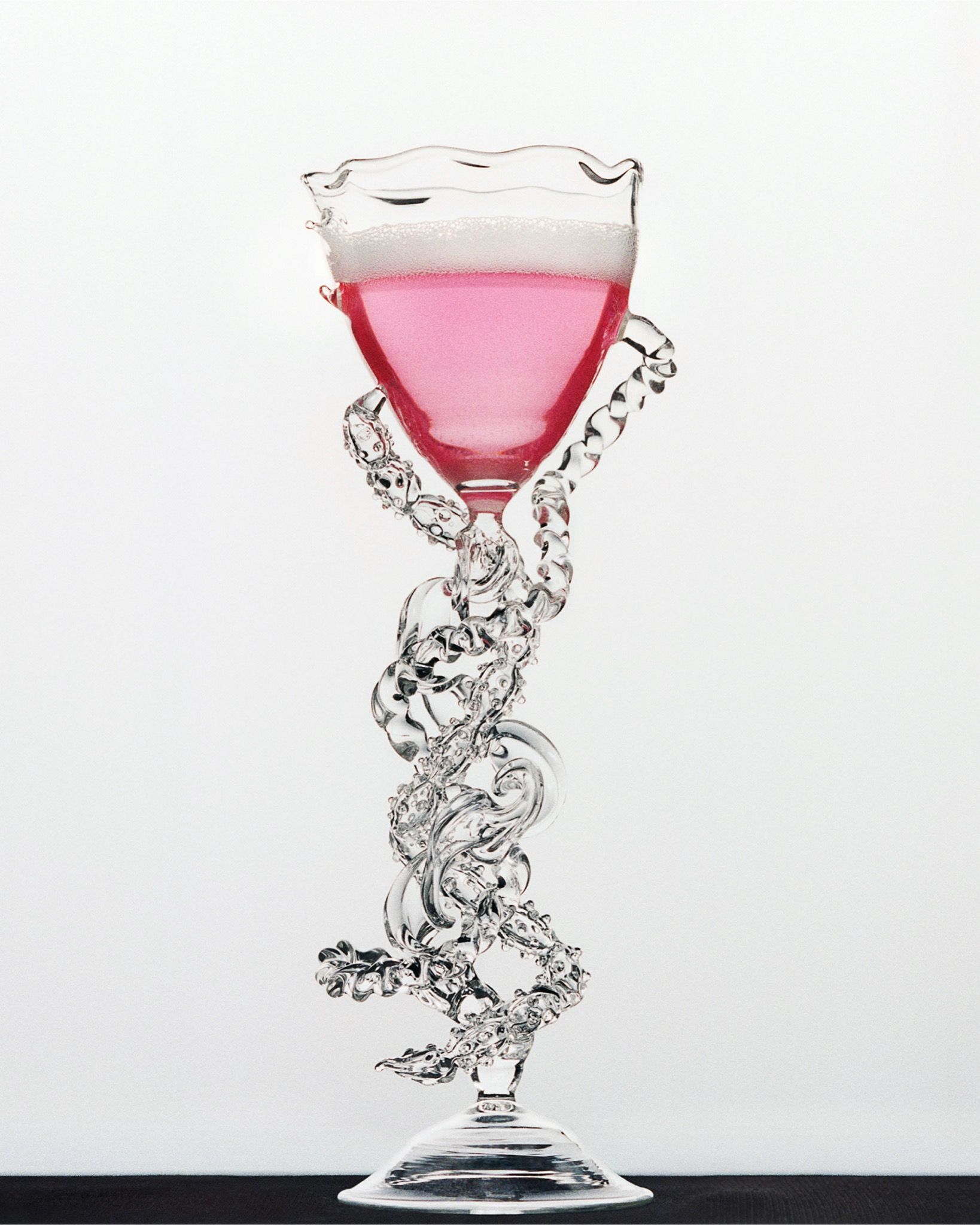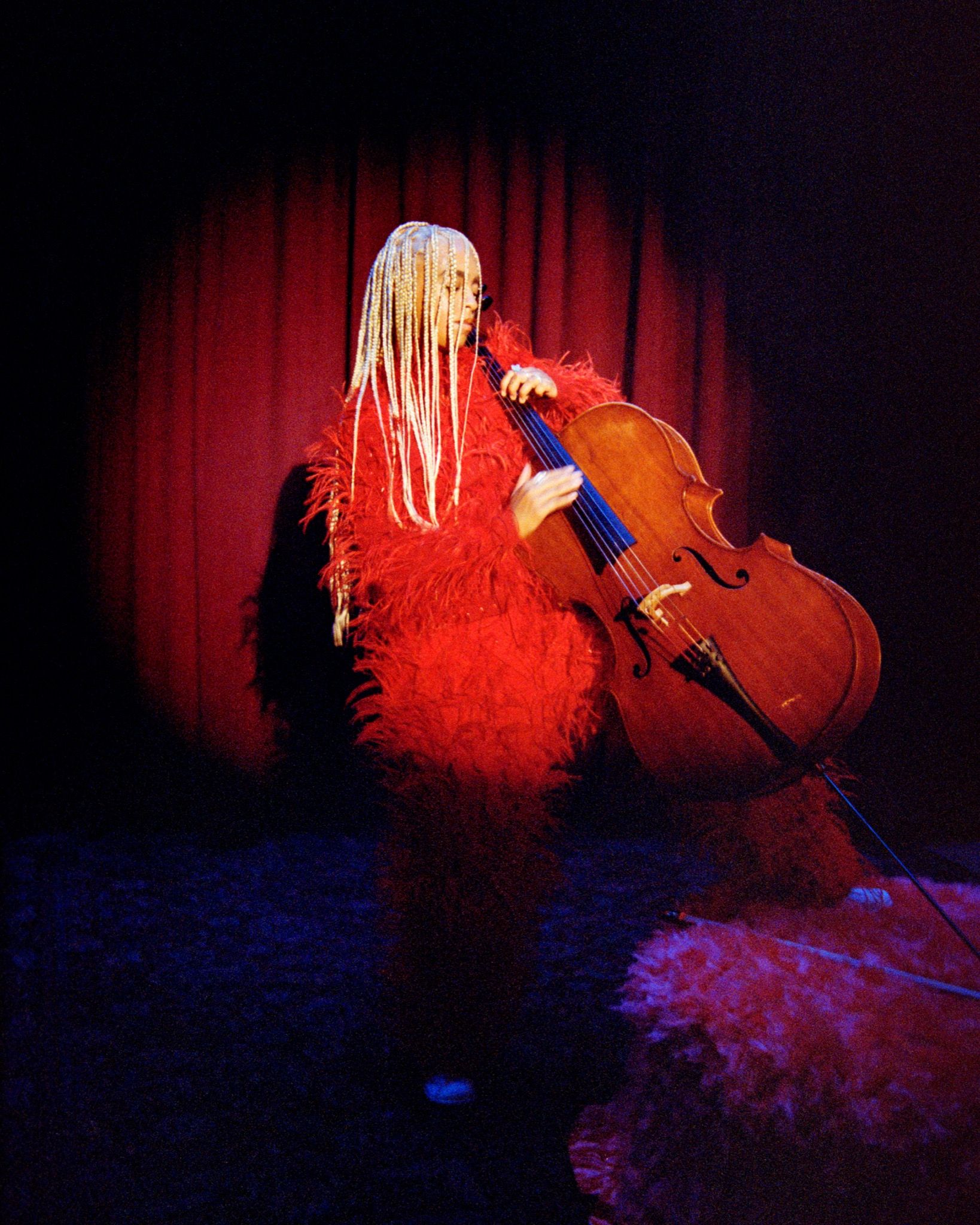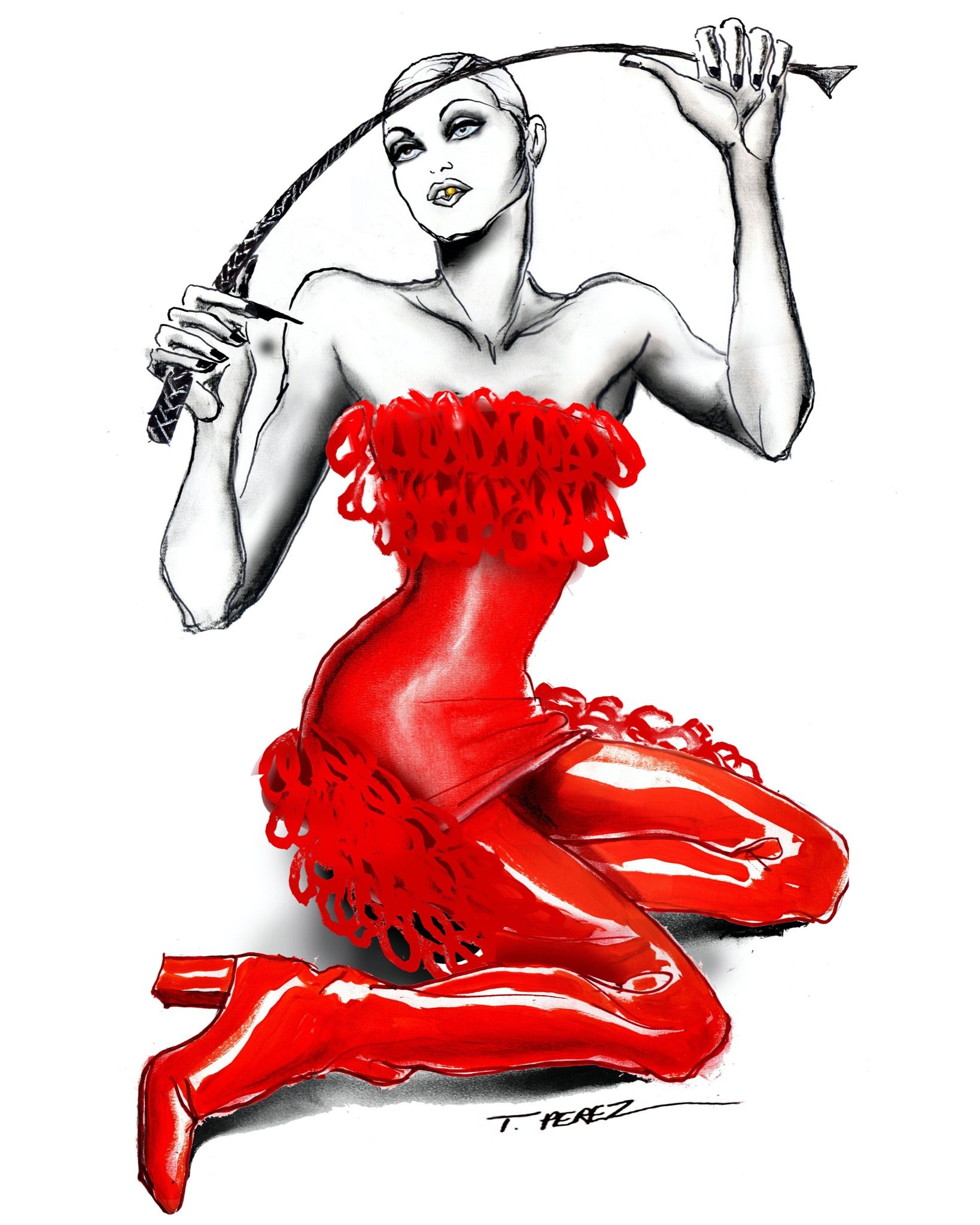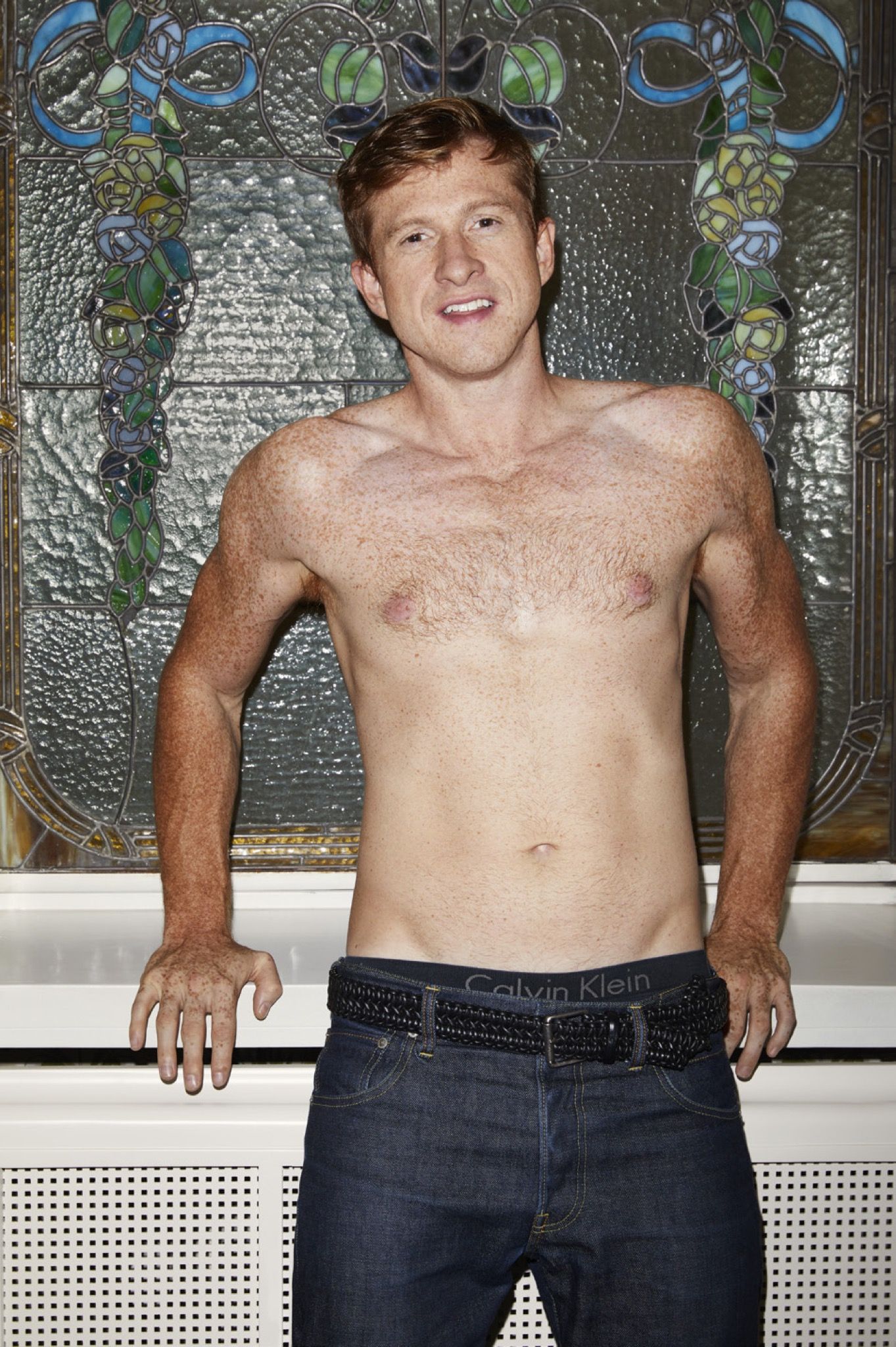BOTTEGA VENETA Issue 03: HONEY DIJON x STEFANO PILATI

Cities, like brands, are steeped in mythology – and Berlin’s has evolved dramatically in the 21st century. Known as a haven for hedonists and individualism, the once “poor but sexy” city has in the last decade attracted real estate and tech start-up capital – and luxury fashion houses – with the same “anything goes” attitude that drew in the artistic avant-garde after the fall of the Wall. When creatives turn a city into a “capital of culture,” financial capital is never far behind.
Bottega Veneta, which showcased its Salon 02 at Berghain in April, is one brand fascinated with the Berlin mythos. Four months prior to the presentation – which cast local luminaries to model the AW21 collection in the German capital – the label turned heads with another unconventional gesture: they deleted their Instagram, Facebook, and Twitter accounts. After escaping the hamster wheel of social media, Bottega Veneta went DIY, releasing photographs, videos, and art in the form of a digital zine. It’s a “fuck it, we’re going offline moment” that’s easy to understand for anyone who has ever said, “fuck it, I’m moving to Berlin.”
Dropped this week, Issue 03 of the Bottega Veneta journal includes two well-known adoptive Berliners: DJ-producer Honey Dijon and designer Stefano Pilati. In honor of the release, we chatted with Dijon about the enduring appeal of the city she calls home.
People who have relocated to Berlin typically use the word “freedom” when they are asked about what drew them to the city. In what ways have the freedoms of the city shaped you and your creative practice?
Berlin has allowed me to be completely free without limitation or compromise. In the US, most creative expression is deeply embedded within capitalism, meaning culture only has value if it makes money. That’s often not the case in Berlin, where things are assessed with different values: like how it connects people and what kind of contribution it makes to the city. I love that about Berlin.
Life here is often romanticized, but those of us living and working here as artists – and particularly as artists from other countries – know that it also poses unique challenges. What do you think is key to surviving, and even thriving, in Berlin today?
It can be extremely challenging at times. The government is massively bureaucratic and antiquated, which can be overwhelming and frustrating as a foreigner – particularly if you are like me, and used to the conveniences of the US. It’s also rapidly changing. Rents are not cheap, like they used to be. The tech industry has invaded. Many clubs have shut down. But it’s still freer than most major cities. If you want to thrive in people, you really have to want to be here.
In what ways do you think Stefano Pilati’s work is synonymous with the spirit of the city?
Stefano to me represents the spirit of Berlin through dance, laughter, sex, cigarettes, chicness, and limitless creativity.
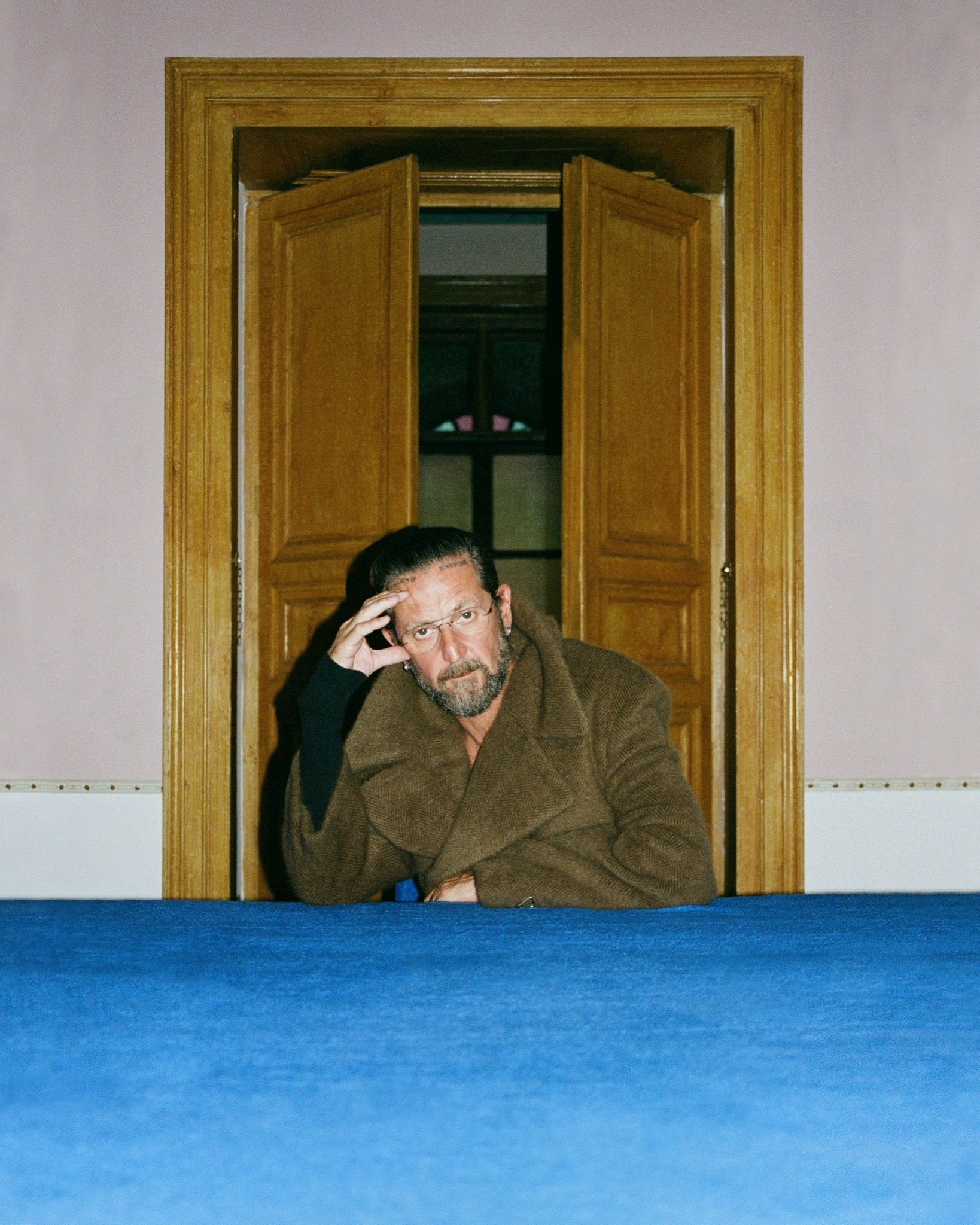
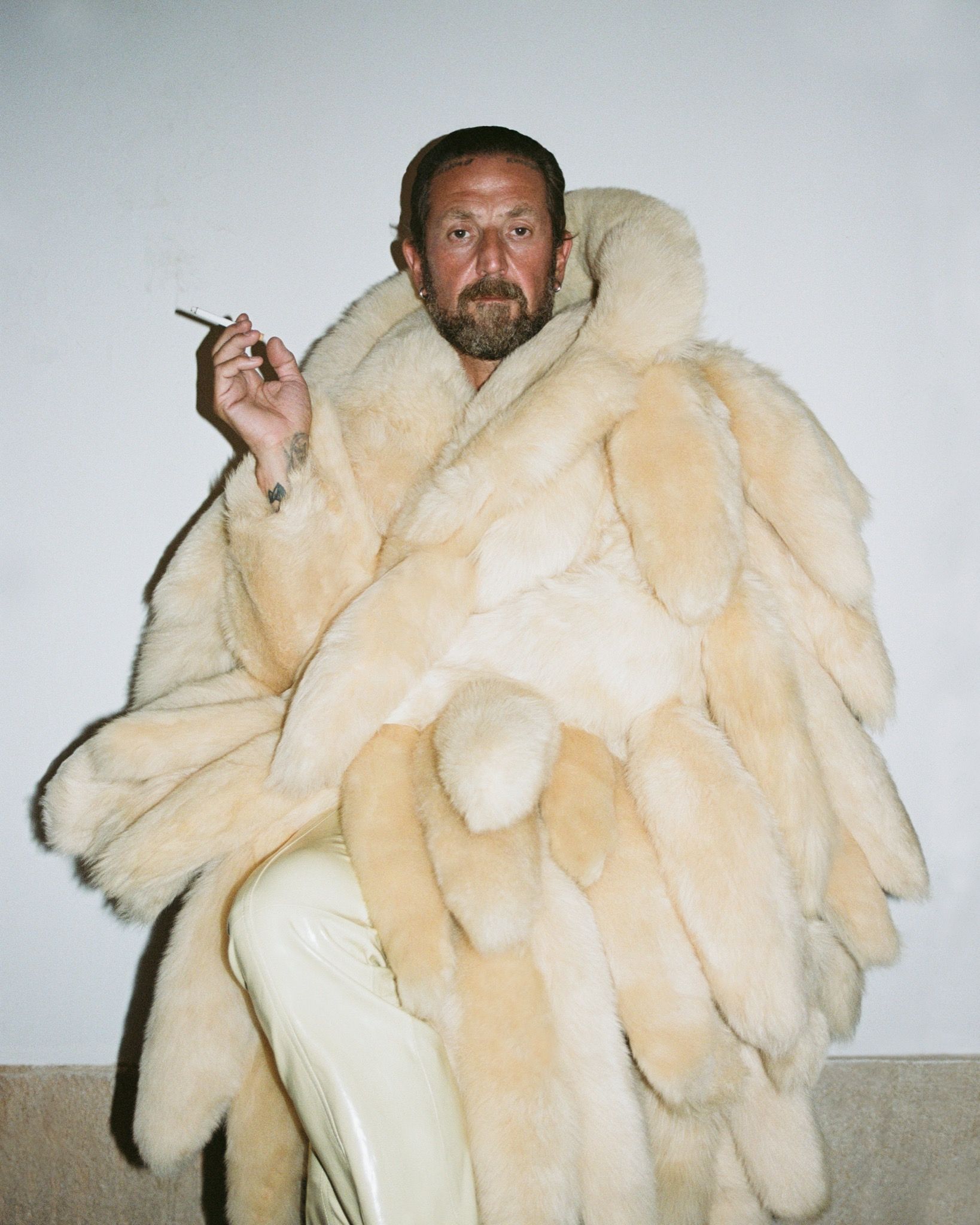
Scroll down to see more of Bottega Veneta Issue 03, featuring Raheem Sterling, Kelsey Lu, Okuyama Taiki and more!

